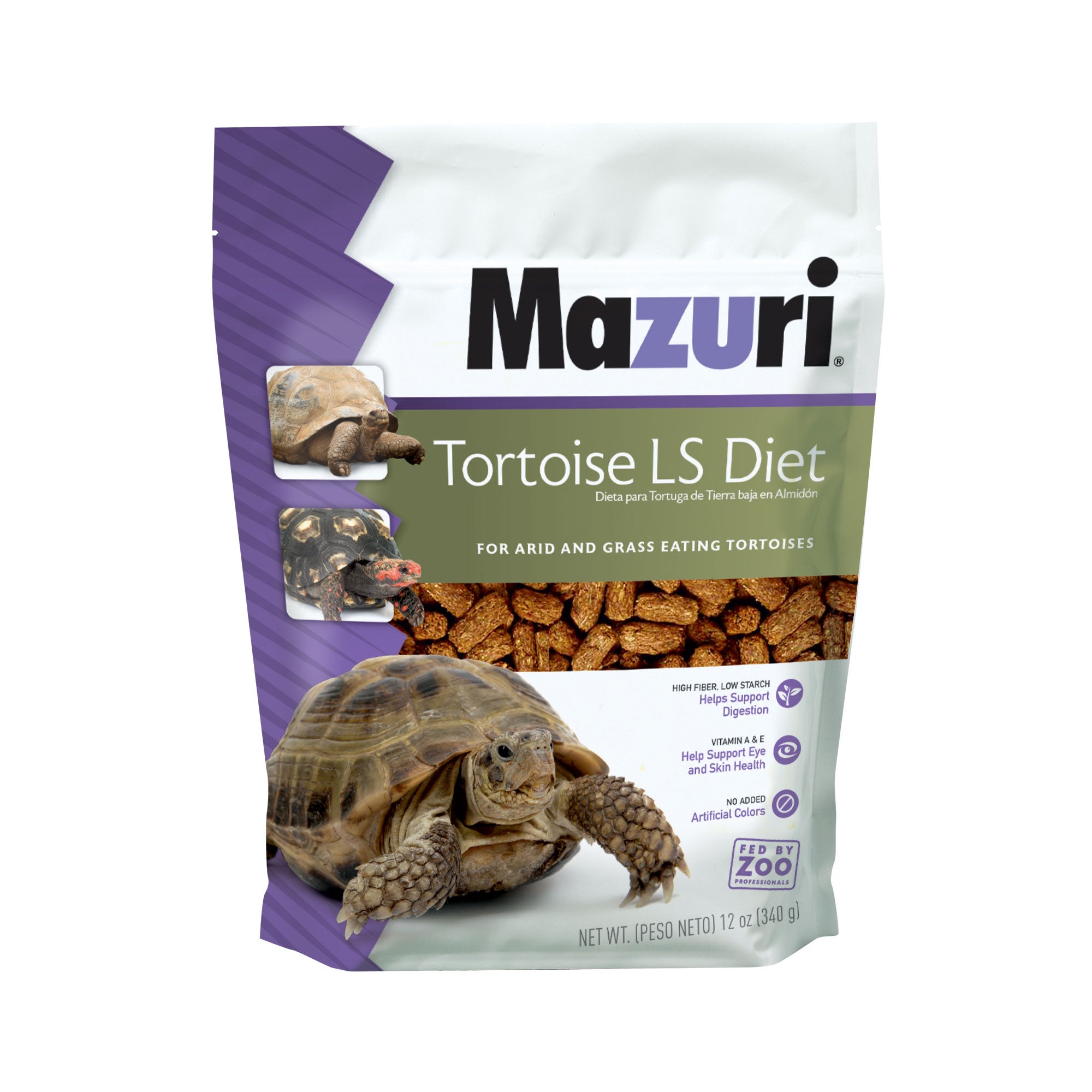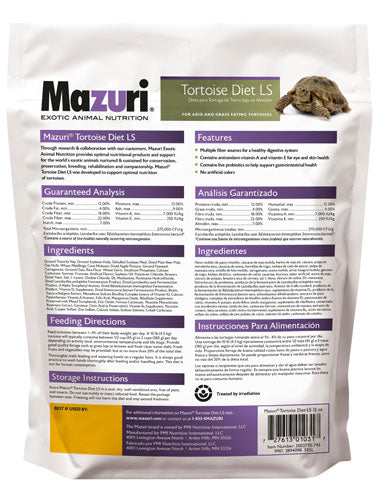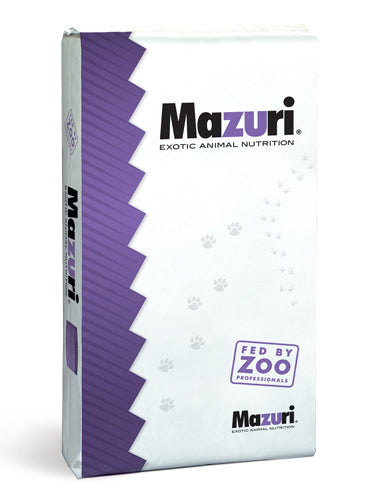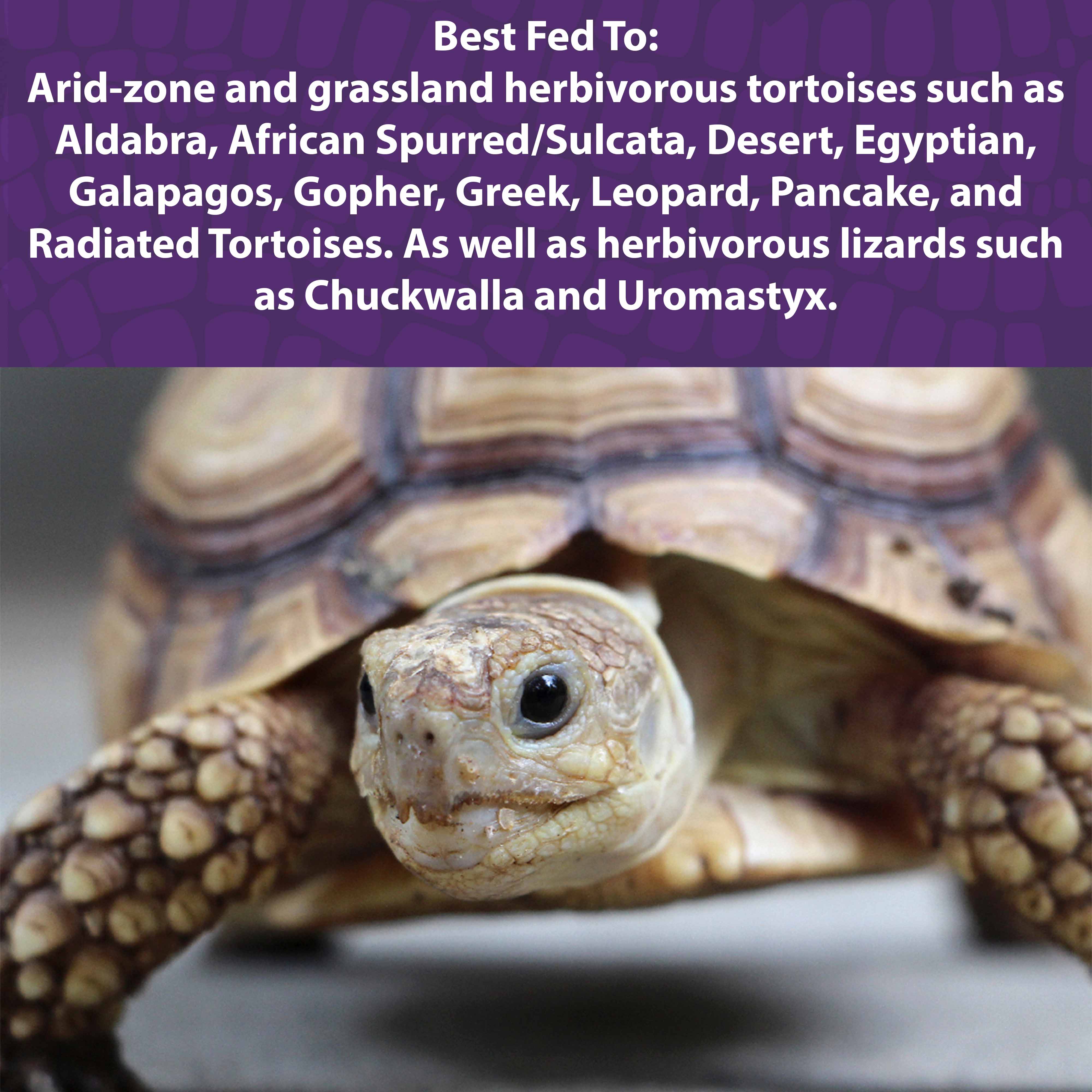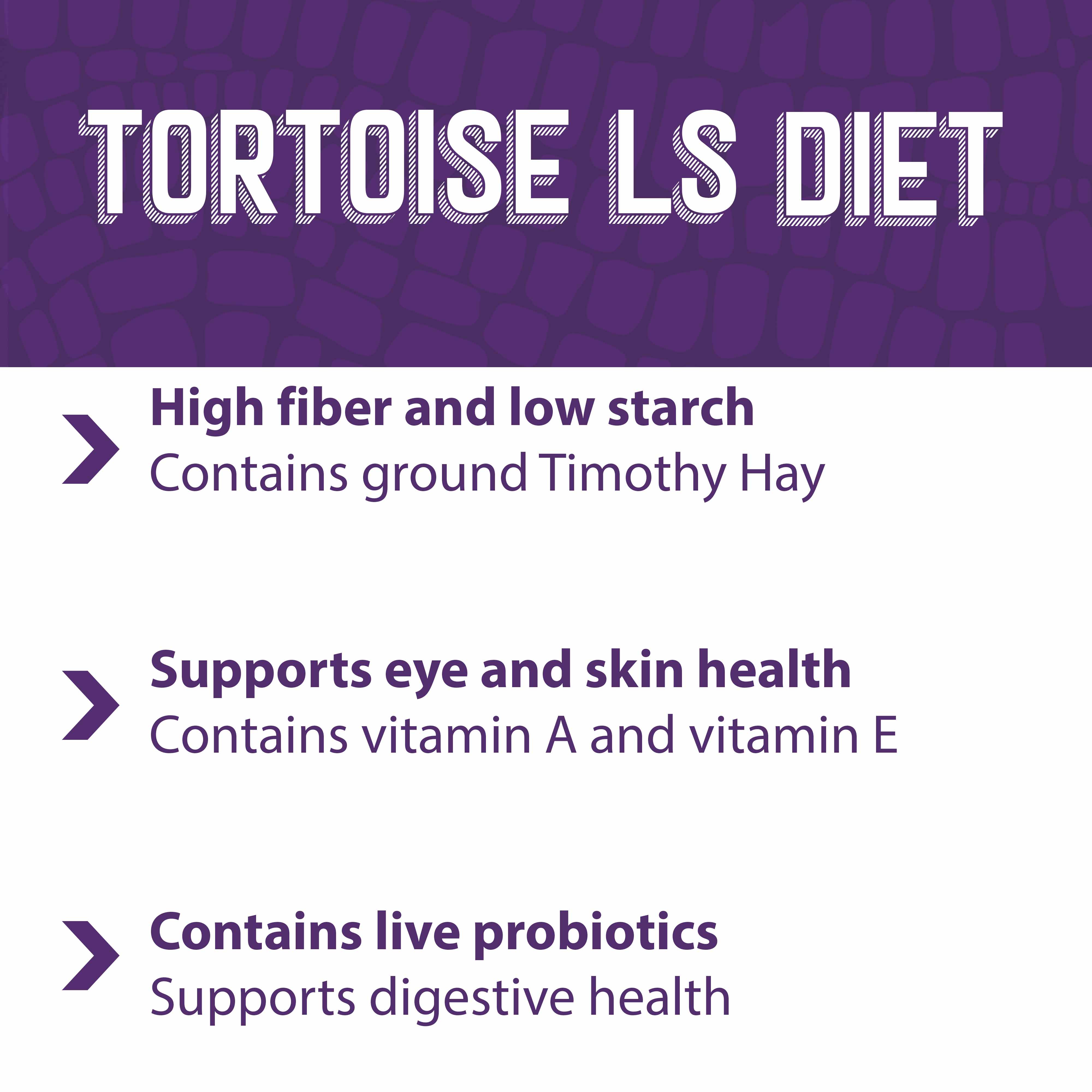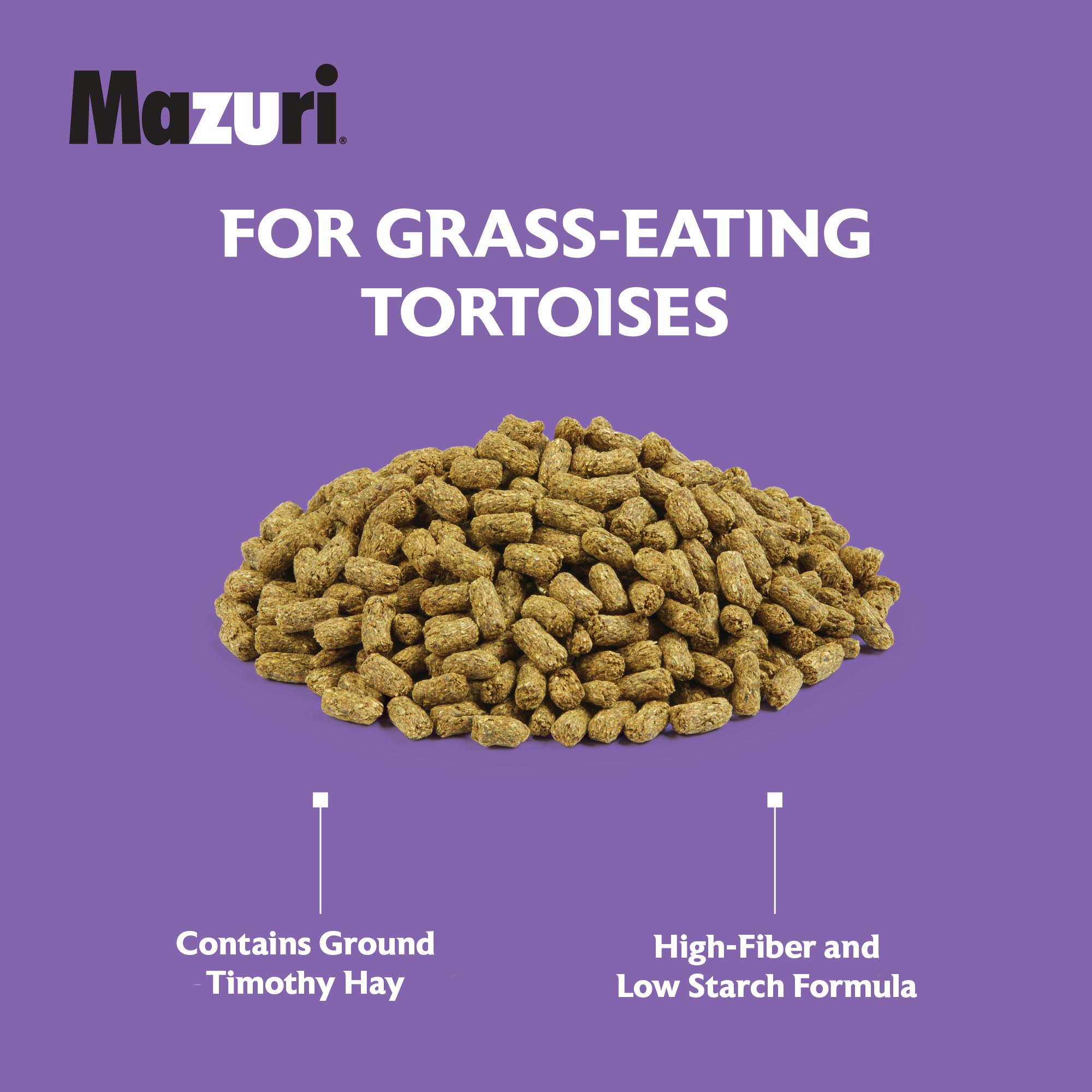Every exotic animal deserves the right nutrition
| Crude protein not less than Crude fat not less than Crude fiber not less than Crude fiber not more than Dietary starch not more than Moisture not more than Ash not more than Vitamin A not less than Vitamin E not less than Total Microorganisms not less than |
12.0% 4.0% 18.0% 22.0% 12.0% 7.0% 12.0% 8.9% 7,000 IU/kg 250 IU/kg 270,000 CFU/g |
Ground Timothy Hay, Ground Soybean Hulls, Dehulled Soybean Meal, Dried Plain Beet Pulp, Oat Hulls, Wheat Middlings, Cane Molasses, Dried Apple Pomace, Ground Flaxseed, Carrageenan, Ground Oats, Rice Flour, Wheat Germ, Dicalcium Phosphate, Calcium Carbonate, Sucrose, Fructose, Soybean Oil, Potassium Chloride, Brewers Dried Yeast, Salt, L-Lysine, Choline Chloride, DL-Methionine, Pyridoxine Hydrochloride, Dried Lactobacillus acidophilus Fermentation Product, Dried Lactobacillus casei Fermentation Product, d-Alpha Tocopheryl Acetate (Vitamin E), Dried Bifidobacterium thermophilum Fermentation Product, Vitamin D3 Supplement, Dried Enterococcus faecium Fermentation Product, Biotin, Yucca schidigera Extract, Menadione Sodium Bisulfite Complex (Vitamin K), Calcium Pantothenate, Vitamin A Acetate, Folic Acid, Manganous Oxide, Riboflavin Supplement, Preserved with Mixed Tocopherols, Zinc Oxide, Ferrous Carbonate, Thiamine Mononitrate, Rosemary Extract, Carotene, Citric Acid (a Preservative), Vitamin B12 Supplement, Nicotinic Acid, Copper Sulfate, Zinc Sulfate, Calcium Iodate, Sodium Selenite, Cobalt Carbonate.
- Feed tortoises between 1 – 4% of their body weight per day.
- A 10 lb. (4.5 kg) tortoise will typically consume between 1/2 cup (45 g) to 2 cups (180 g) per day depending on activity level, environmental temperatures, and life stage.
- It is not necessary to moisten pellets with water. However, soaking the product may help to acclimate tortoises to the diet. If moistened, the diet should be replaced at least twice daily.
- Provide good quality forage such as grass hay or browse and fresh, clean water daily.
- Fresh fruits and vegetables may be provided, but at no more than 20% of the total diet.
- Thoroughly wash feed and water bowls on a regular basis. It is always good practice to wash hands thoroughly after feeding and/or handling animals. This diet is not for human consumption.
Important: Always provide reptiles with adequate natural light or a light source that supplies sufficient UV radiation between the wavelengths of 280 and 315 nm. Proper humidity levels are also critical for health and growth of reptiles.
Storage Conditions
For best results, reseal the bag between uses or store contents of open paper sack in container with sealing lid. Store in a cool (75⁰F/24⁰C or colder), dry (approximately 50% RH) location free from rodents and insects. Do not offer moldy or insect-infested feed to animals as it may result in illness, performance loss or death. Freezing will not harm the diet and may extend freshness. Use within 1 year of bag manufacturing or "Best if Used By" date.
Ask Our Experts
Get nutrition advice you can trust from experts who understand the unique nutritional needs and behaviors of your exotic animals.
Get Advice